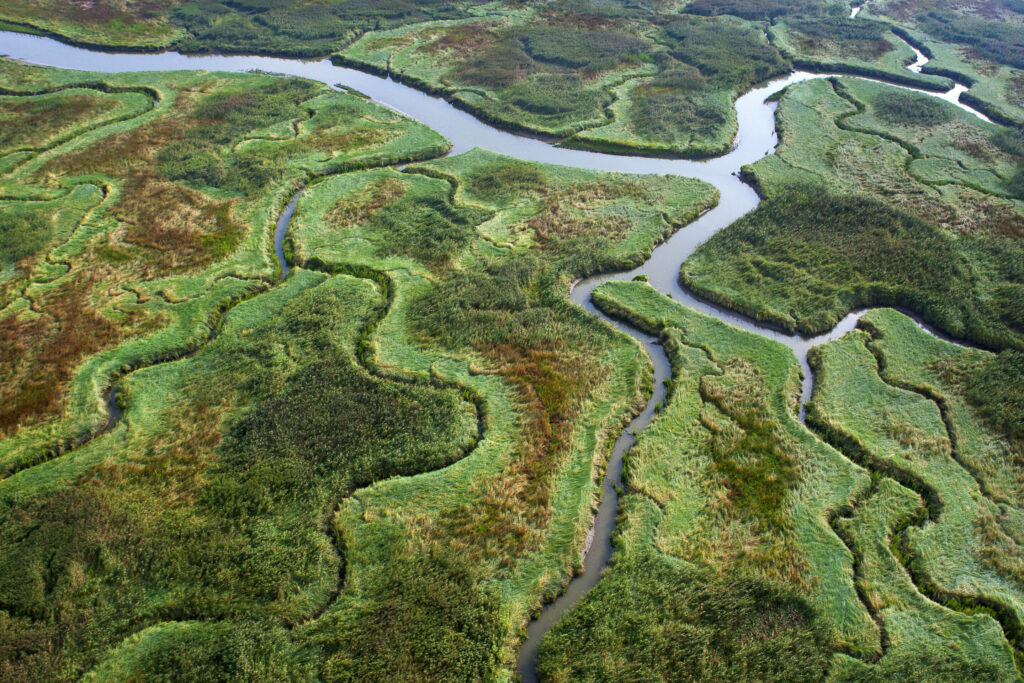The Belgian Scheldt Delta has been recognised as a Global Geopark by UNESCO for its unique geologic, ecological, and cultural history.
This area spans parts of the Belgian provinces of Antwerp, East and West Flanders, and the Dutch provinces of North Brabant and Zeeland. Referred to as an estuary due to tidal effects, it’s a region of ebb and flow where saltwater and freshwater converge at the river’s mouth.
This landscape bears the mark of the Schelde River’s course, as well as the human activity that’s interacted with it, including dikes, sunken villages, and tidal mills. The current geography is 50 million years of soil subsidence and uplift, sea level fluctuations, tidal waters, rivers, and climate change in the making.
Its appearance has also been shaped over the last two millennia through initiatives like the Delta Works, brick industry clay pits, peat extraction for fuel, deforestation for construction, and controlled flooding areas.
A UNESCO Global Geopark recognition does not come with additional protections or obligations, but it does increase international visibility, plus opportunities for scientific research and tourism. Almost a hundred Geoparks exist worldwide, including Lanzarote’s black volcanic beaches, Iceland’s geothermal activities, and Peru’s Colca Canyon.
The recognition did not come easily. The candidacy was submitted in 2022, backed by the initiative of five provinces (Zeeland, North Brabant, Antwerp, East and West Flanders). They collaborated with over 60 city councils, educational institutions like Ugent, museums like Watersnoodmuseum/Mercatormuseum, and tourism services.

